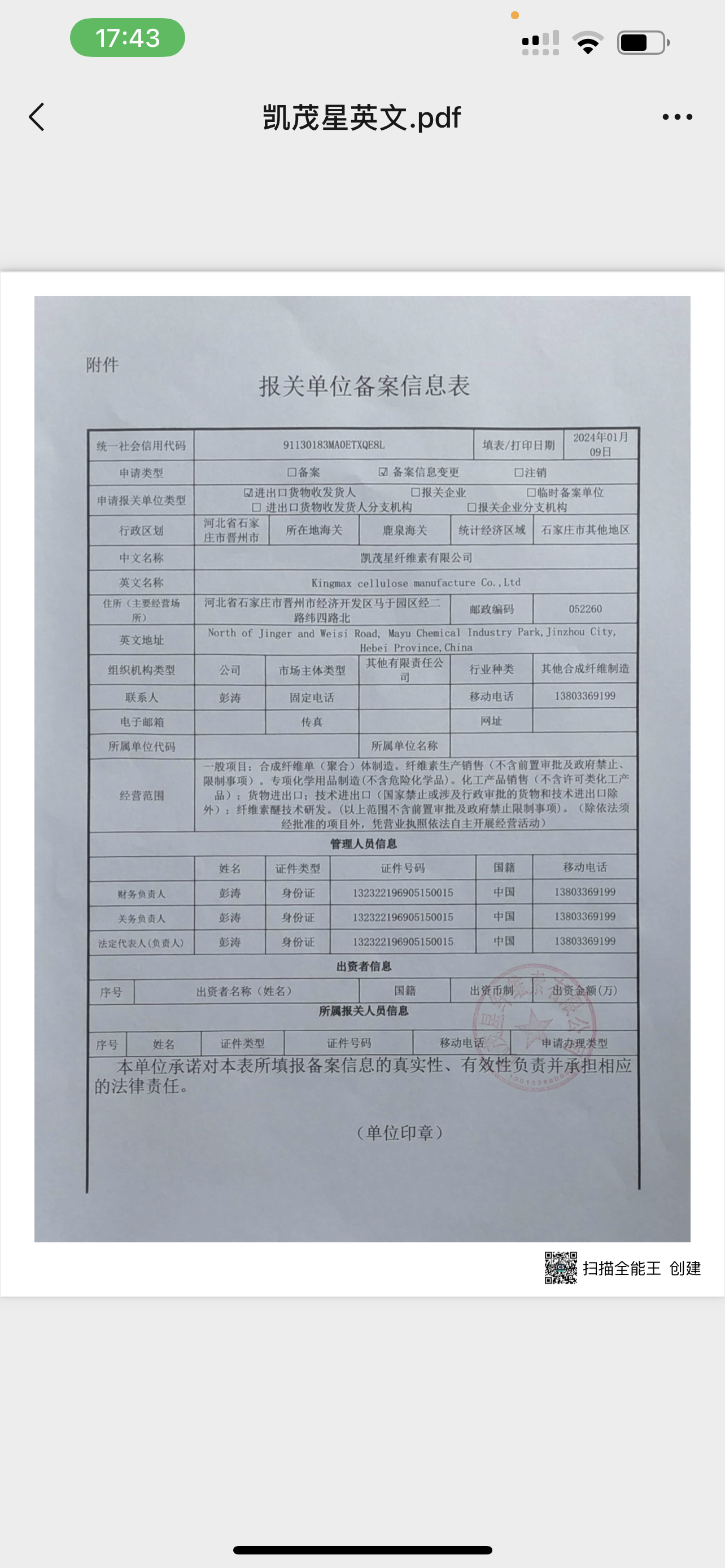Hydroxypropylmethylcellulose (HPMC) stands as a cornerstone in various industries due to its remarkable versatility and wide-ranging applications. From pharmaceuticals to construction, this compound plays a pivotal role in enhancing product performance and functionality. In this article, we delve into the multifaceted uses and benefits of HPMC, shedding light on its significance across different sectors.
Pharmaceutical Applications
In the pharmaceutical realm, HPMC serves as a critical ingredient in drug formulations. Its ability to act as a binder, thickener, and film-former makes it indispensable in the production of tablets, capsules, and controlled-release dosage forms. Furthermore, HPMC’s biocompatibility and inert nature contribute to its widespread acceptance in oral and topical medications.
Construction Industry
In the construction industry, HPMC finds extensive utilization in cement-based products such as mortars, renders, and tile adhesives. As a water-retaining agent and rheology modifier, HPMC improves workability, adhesion, and durability of these materials. Its contribution to enhancing the performance of construction products has made it a staple ingredient in modern building practices.
Food and Personal Care Products
HPMC also finds its way into a plethora of food and personal care products. As a stabilizer, thickener, and emulsifier, it imparts desired texture, viscosity, and stability to various formulations. From sauces and dressings to shampoos and lotions, HPMC plays a crucial role in ensuring product quality and consistency.
Environmental Benefits
Beyond its functional attributes, HPMC offers environmental benefits as well. As a biodegradable and non-toxic compound, it poses minimal harm to ecosystems and human health. This eco-friendly characteristic aligns with the growing demand for sustainable alternatives in manufacturing processes.
Conclusion
In conclusion, Hydroxypropylmethylcellulose (HPMC) emerges as a versatile compound with widespread applications across diverse industries. Its unique properties make it an indispensable ingredient in pharmaceuticals, construction materials, food products, and personal care items. Moreover, its eco-friendly nature adds value by promoting sustainability in manufacturing practices. As we continue to innovate, HPMC is poised to remain a key component in enhancing product performance and meeting evolving consumer needs.



